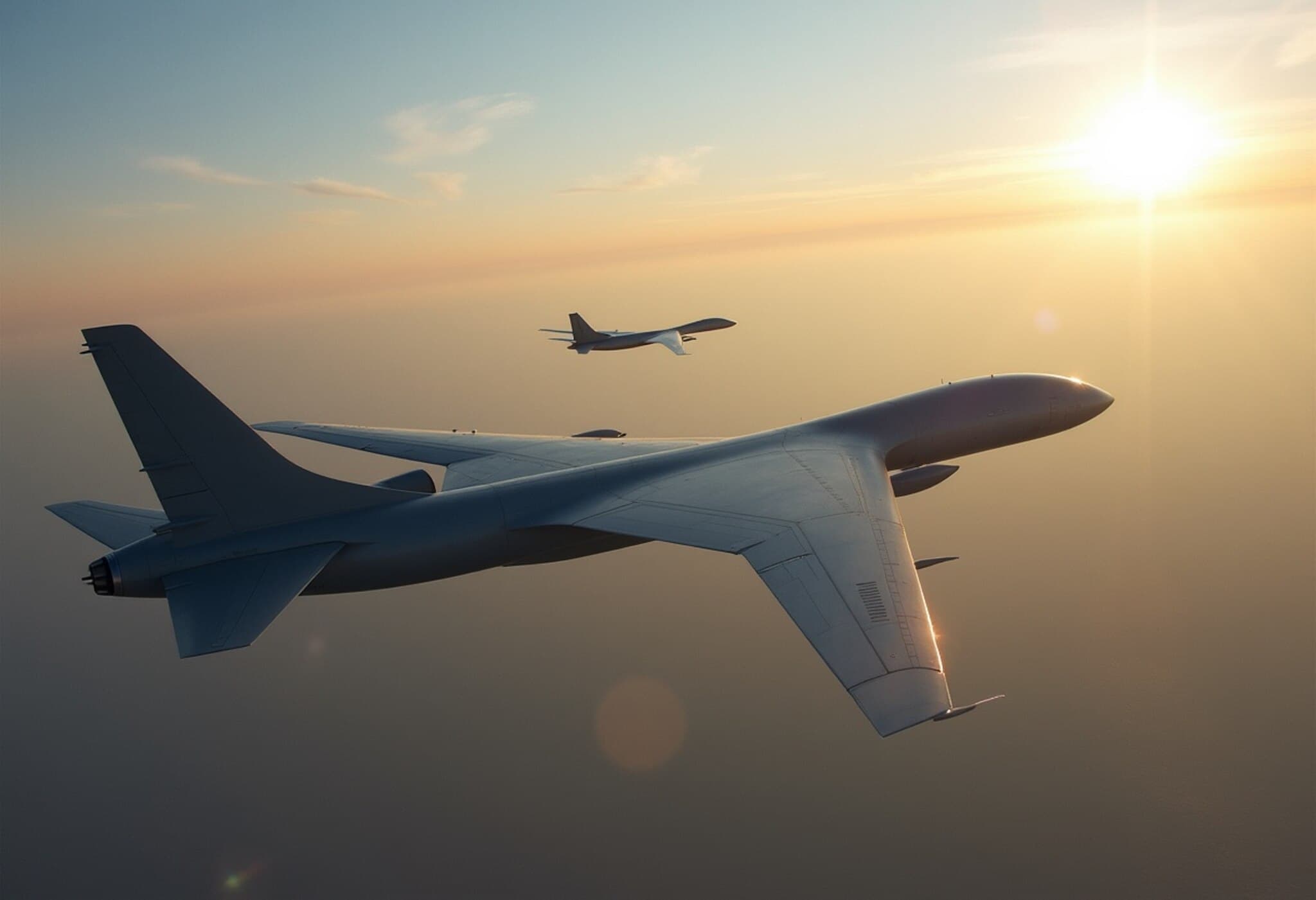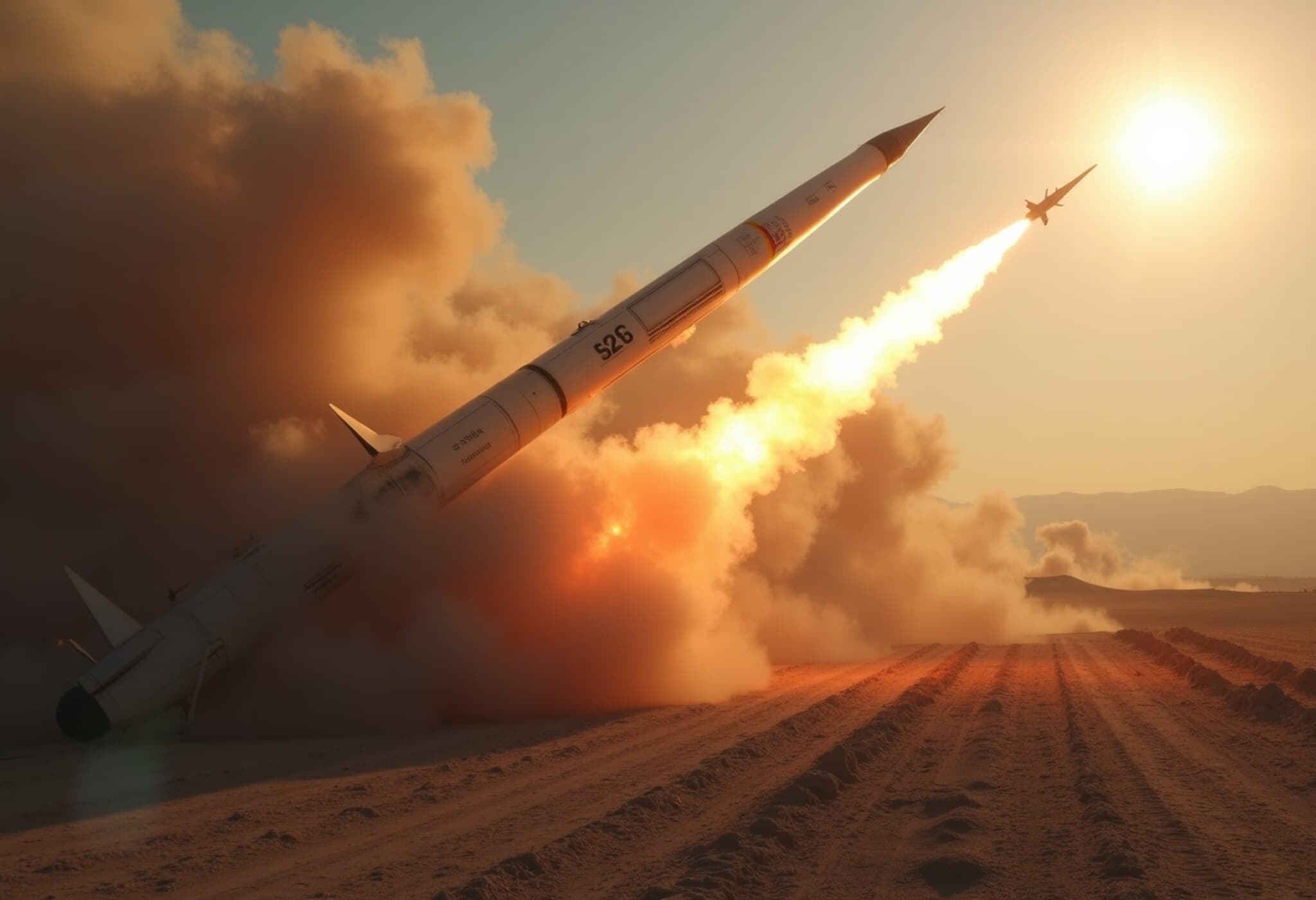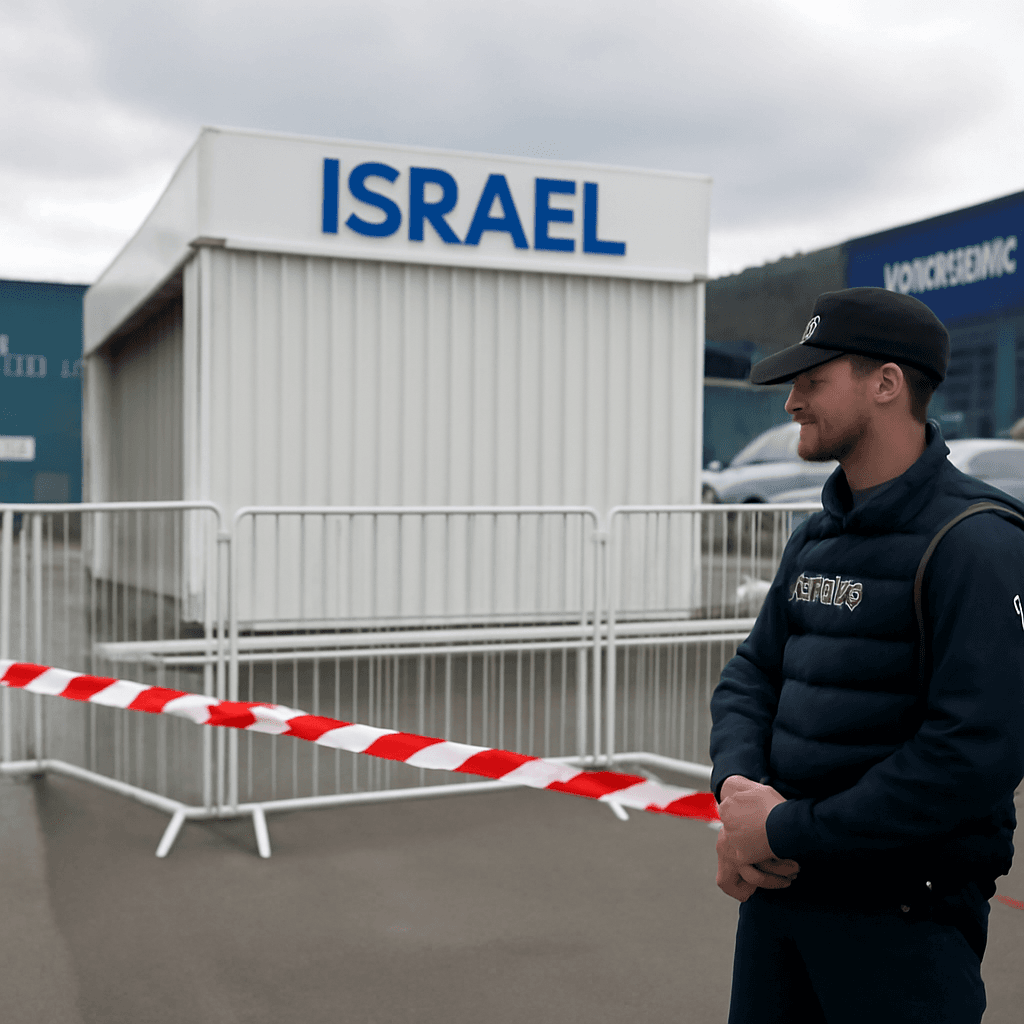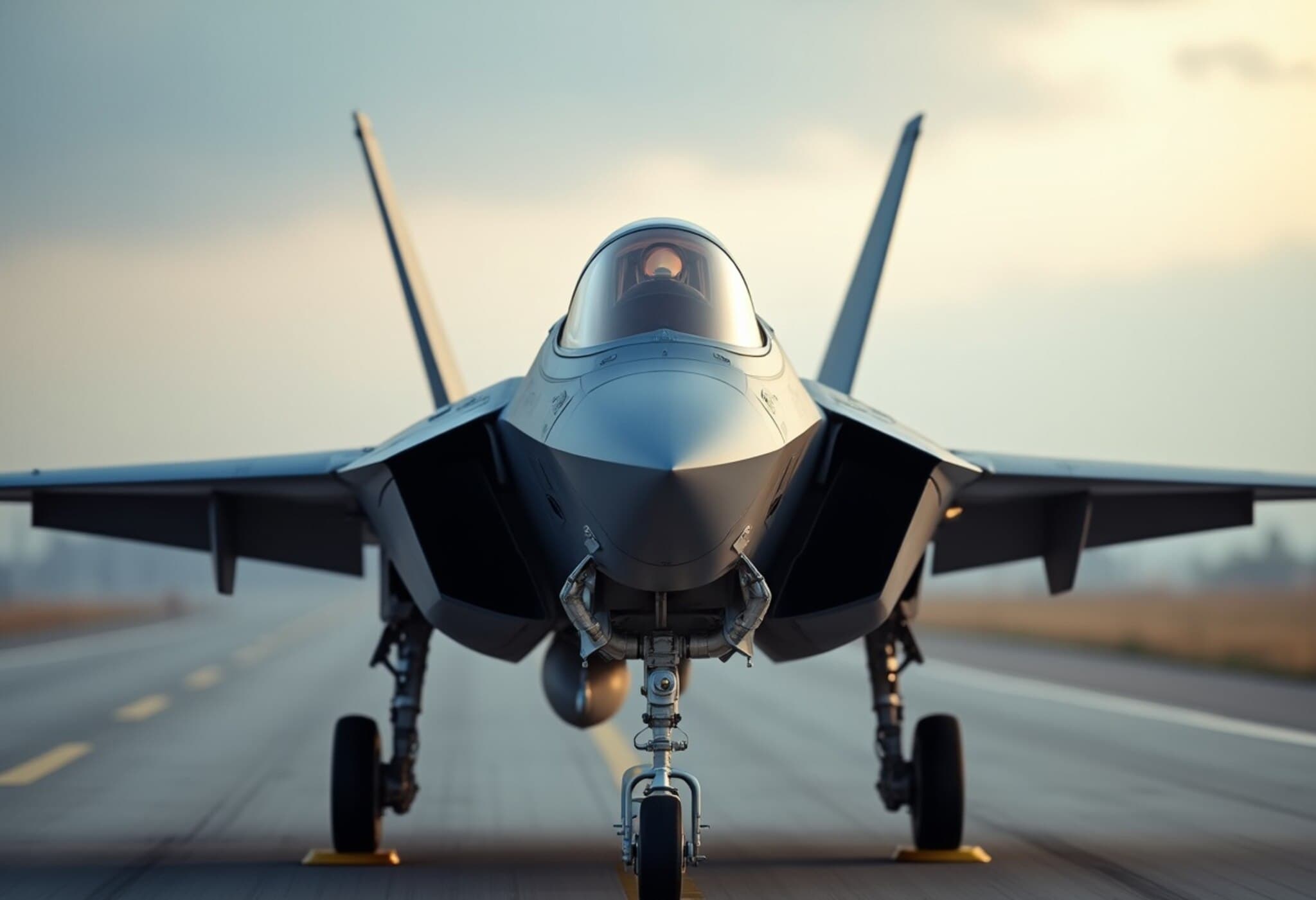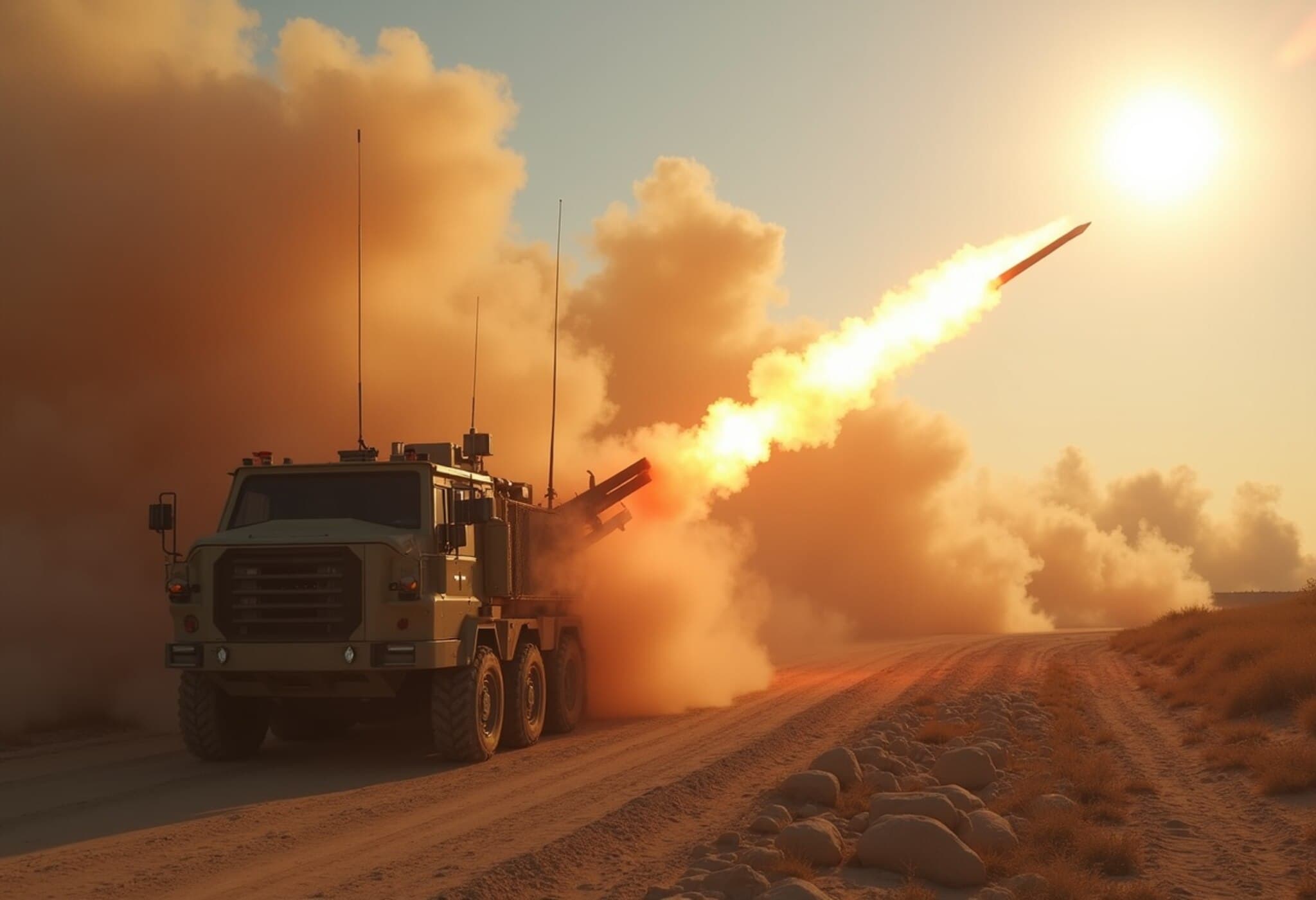Greece's Robust Defense Spending: A Strategic Necessity
Often celebrated for its sun-drenched landscapes and rich history, Greece might not immediately come to mind as a global military heavyweight. Yet, in 2024, it secured its place among the top defense spenders within NATO, allocating an impressive 3.1% of its GDP to its military budget. Only the United States, Poland, Latvia, and Estonia outspent Greece in relative terms last year.
The Turkey Factor: A Complex and Enduring Rivalry
At the heart of Greece's high defense expenditure lies its deeply strained relationship with neighboring Turkey—a fellow NATO member. This rivalry, rooted in centuries of historical conflicts, territorial disputes, and political tensions, continues to shape the security landscape of the region.
One key point of contention involves Greece’s numerous islands located perilously close to the Turkish coastline. Maintaining a substantial military presence across these islands requires significant resources. As one expert put it, the cost of garrisoning these territories to deter potential incursions is substantial but vital.
Moreover, ongoing instability in the Middle East and Turkey’s increasingly assertive posture in the Mediterranean reinforce Greece's resolve to maintain strong defense capabilities. Protecting national sovereignty and maritime rights remains a top priority, compelling Athens to prepare for a range of possible scenarios.
Beyond Budget Size: The Realities of Greece’s Military Strength
Despite its considerable defense budget, Greece’s military faces certain limitations. A sizeable portion of recent spending has focused on acquiring advanced weaponry from abroad, especially in the wake of the ongoing conflict between Russia and Ukraine. However, Greece lacks a robust domestic defense industry, which experts warn could be a strategic vulnerability.
Furthermore, practical challenges persist: much of Greece’s armored fleet consists of aging tanks, and personnel training is not always optimized for large-scale deployment. The dispersed nature of military assets across many islands also complicates effective defense operations. Simply put, high expenditure does not automatically translate to overwhelming military power.
Greece’s Position Within NATO and Future Prospects
Greece’s sustained investment in defense not only bolsters its own security but also elevates its standing within NATO. These expenditures have fostered closer ties with influential military partners like the United States and France, which supply much of Greece’s advanced equipment.
As NATO deliberates on increasing the defense spending target to 5% of GDP—split between traditional defense (3.5%) and related areas like cybersecurity (1.5%)—Greece faces a unique scenario. Unlike Eastern European members motivated by Russian aggression, Greece’s primary concerns stem from regional tensions with Turkey.
Consequently, experts suggest Greece may not fully align with NATO’s new spending goals. That said, its current defense commitments already afford it geopolitical leverage and stronger security guarantees in a notoriously complex environment.
Key Takeaways
- Greece allocated about 3.1% of GDP to defense in 2024, ranking among NATO’s top spenders.
- The long-standing, tense relationship with Turkey drives much of this expenditure, particularly to secure numerous strategically important islands.
- Despite significant spending, Greece is not a military superpower; it depends heavily on foreign arms suppliers and faces logistical and equipment challenges.
- High defense spending enhances Greece’s influence within NATO and strengthens partnerships with countries like the U.S. and France.
- Upcoming NATO targets for defense spending may not fully align with Greece’s unique security priorities.



